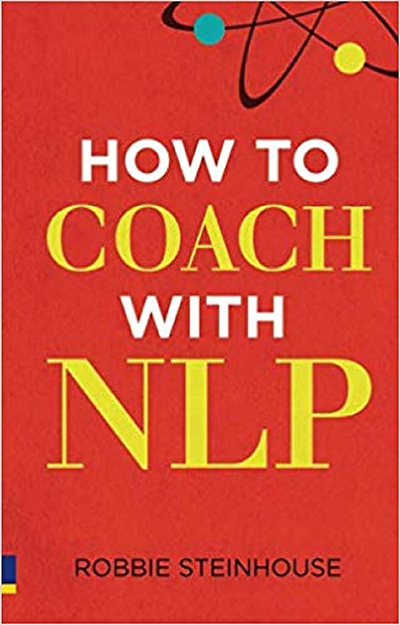Games People Play – Are You Playing the “Yes, But” Game?

How do you spot if someone is playing a psychological game with you? A good way to work it out is through energy: if after you have interacted with someone you feel your energy has been drained and the other person seems somehow uplifted and re-energised – you have a good clue that you have ‘caught up’ in one of their games.
But what are games? And how can we come to understand them?
What are games?
Eric Berne published his book Games People Play the year I was born – 1961. In his book, he tried to clearly define the different types of games that we are prone to playing with each other.
Perhaps you know someone where they complain about something, and you then suggest a solution and they then say “Yes but…”. This interaction continues until eventually you feel frustrated and bewildered; at that point you have been caught in a game.
How to stop playing games
The key point about games is what Berne called ‘superficially rational’ – the person seems to have a genuine problem, but the hidden truth is they don’t want your help to fix it, they simply want your attention. The reason for this is as they can’t find a way of getting attention in a positive way, they have learnt ways to gain that attention negatively.
So how do you stop playing these ‘games’? As Berne put it in his usual succinct way, “The only way to stop playing a game is to stop playing.”
Find out more
This brief video covers the first game Berne identified: the Why Don’t You..? Yes, But… Game.
Did you like this post?
Then check out our events and courses!
Where to find us
For posts, events, free open days and more, follow NLP School on:
What to read next
How to Understand Relationship Games Using Transactional Analysis
My Three Most Influential Business Books









